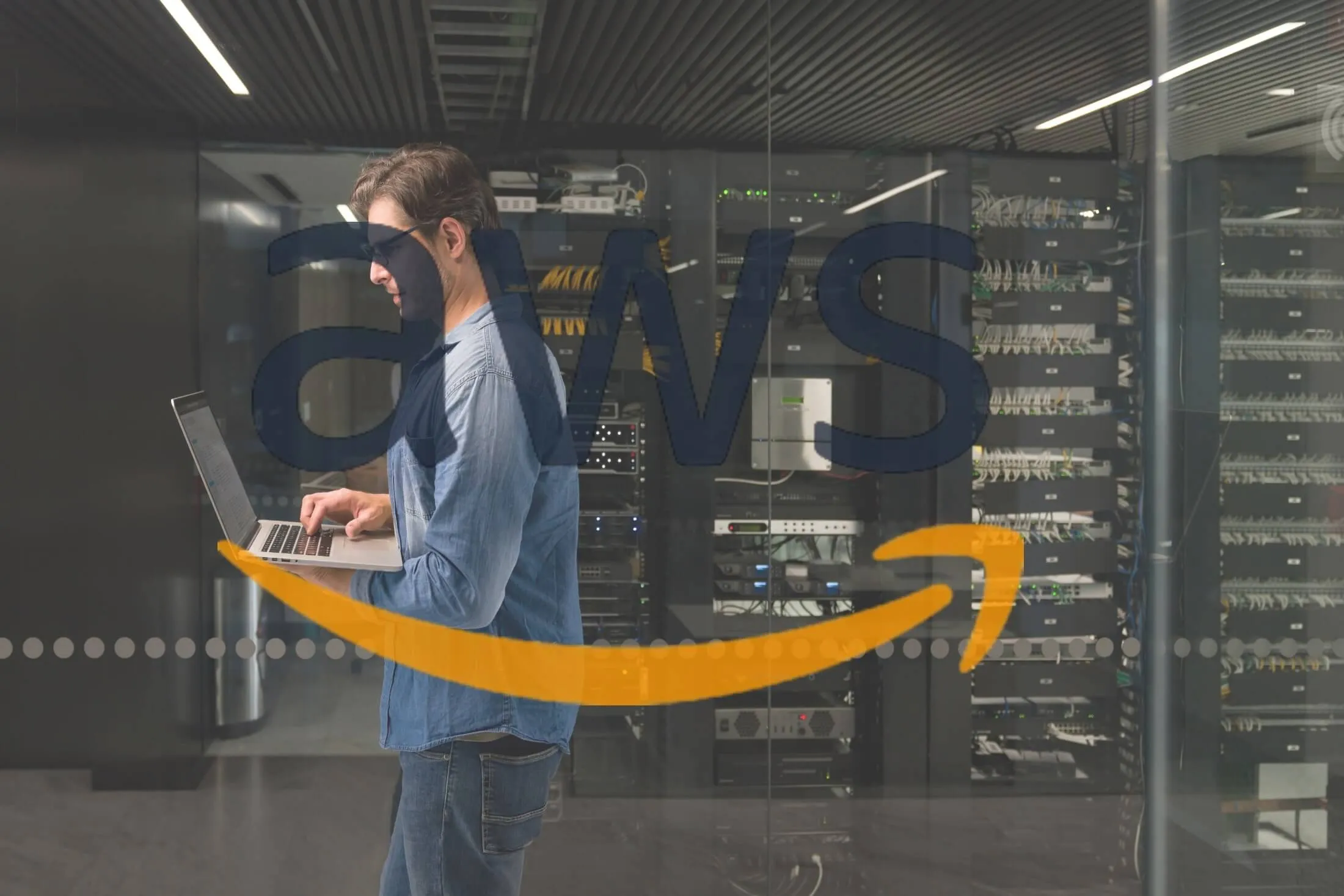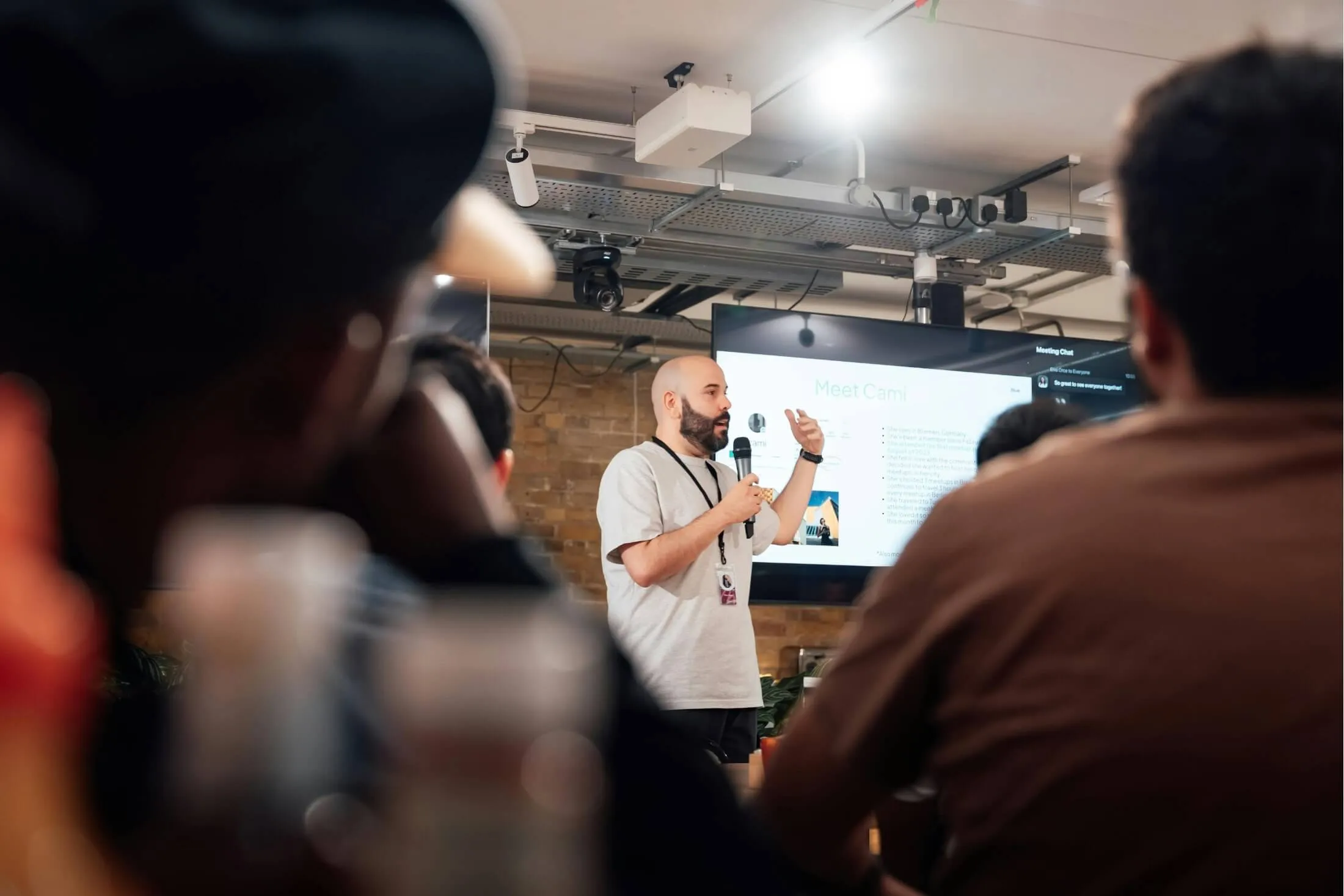Business Technology News Roundup: Oct 24, 2025
Catch the breaking IT news: AWS’s massive outage, Meta privacy layoffs, Apple’s Houston AI server launch, federal shutdown cyber threats, and the economic impact on tech contracts.
Last week, the US IT industry faced a string of unprecedented events, with a major cloud outage, sweeping layoffs, cybersecurity threats, and bold manufacturing moves. From AWS’s massive disruption to Apple’s new American-made servers, government shutdown aftershocks, and Meta’s automation drive, these stories reveal the evolving challenges and priorities defining tech. Here’s an expert review of the most impactful headlines.
Stories

On October 20, AWS experienced a widespread 15-hour outage in the US-EAST-1 region, crippling key services relied upon by millions including Slack, Snapchat, Roblox, and Fortune 500 enterprise systems. The root cause was traced to a race condition in DynamoDB's DNS automation, which wiped out critical DNS records and left applications unable to locate servers, halting operations across hundreds of businesses. Packet loss and cascading failures persisted, with recovery efforts stretched over multiple phases, ultimately affecting the global economy. Tech expert commentary from Thousand Eyes stressed, “This incident underscores the vulnerability of even the most advanced cloud architectures. The sophisticated failover built into AWS was no safeguard against concentrated single-point failures. IT leaders must rethink resilience to prepare for more unpredictable cloud shocks.” According to Bloomberg and industry analysts, more than 100 AWS services experienced disruptions, with damage possibly reaching tens of millions of dollars due to lost productivity and cloud service credits.

Meta made headlines with sweeping layoffs, cutting 600 jobs in its AI division and terminating over 100 employees in its risk review and privacy compliance teams, particularly in London and the US. According to internal memos and expert commentary, this drastic reduction was driven by the company’s pivot toward replacing manual privacy reviews with AI-powered automated systems. Chief Compliance Officer Michel Protti stated, “Transitioning from tailored, manual reviews to automated processes has allowed us to achieve more precise and dependable compliance results.” However, privacy advocates warn that the move creates new regulatory and ethical challenges. Data from TechCrunch lists this as among the most significant tech workforce reductions of 2025, affecting Meta’s ability to satisfy strict Federal Trade Commission orders. According to industry sources, Meta employed nearly 76,000 workers as of June, and this round represents just under 1% of total staff.

Apple surprised the industry by beginning shipments of American-built AI servers from its Houston facility months ahead of schedule. The company invested $600 billion in manufacturing, R&D, and jobs, supporting President Donald Trump’s push for US-based production. Apple’s servers are powering its new “Private Cloud Compute” architecture, enhancing privacy by eliminating processed data and allowing on-device AI without sacrificing speed. Sabih Khan, Apple COO, said, “Our servers will anchor Apple Intelligence’s most advanced cloud features, and Houston is now a cornerstone of US AI infrastructure.” The factory’s rollout is creating thousands of jobs and marks a paradigm shift, reducing dependency on foreign technology and boosting local economies through partnerships with Houston City College for workforce training.

The federal government’s ongoing shutdown is now threatening to disrupt up to $1.3 billion in daily tech contracting activity and delay payments to government suppliers. Small businesses who receive half of all federal contracts face acute risk, and as many as 5.2 million employees in federal contracting sectors could see furloughs or layoffs. The Department of Labor and Commerce paused critical stats releases, leaving businesses without key economic and job data, which experts describe as creating “blind spots” in planning. Simultaneously, lapsed cybersecurity law (Cybersecurity Information Sharing Act) means agencies and companies have lost vital support for threat sharing, leaving “bad actors free to take advantage,” according to Michael Daniel, president of the Cyber Threat Alliance. Industry leaders warn that the impact will not only be financially delayed modernization efforts and contractor layoffs could leave the aging US government digital infrastructure more vulnerable for years.

Amid widespread disruptions, Washington, DC’s Startup and Tech Week proved a bright spot hosting over 150 events that brought together founders, engineers, and investors. Seminars on AI, Web3, and biotech encouraged fresh innovation, as participants highlighted resilience in early-stage tech despite the cloud and economic headwinds. Organizers and experts at the events noted, “If there’s anything the week proved, it’s that local startups continue to move forward, even as the broader industry adapts to dramatic change.” The intense focus on collaboration and talent development illustrated tech’s steady momentum in the face of larger challenges.

On October 20, AWS experienced a widespread 15-hour outage in the US-EAST-1 region, crippling key services relied upon by millions including Slack, Snapchat, Roblox, and Fortune 500 enterprise systems. The root cause was traced to a race condition in DynamoDB's DNS automation, which wiped out critical DNS records and left applications unable to locate servers, halting operations across hundreds of businesses. Packet loss and cascading failures persisted, with recovery efforts stretched over multiple phases, ultimately affecting the global economy. Tech expert commentary from Thousand Eyes stressed, “This incident underscores the vulnerability of even the most advanced cloud architectures. The sophisticated failover built into AWS was no safeguard against concentrated single-point failures. IT leaders must rethink resilience to prepare for more unpredictable cloud shocks.” According to Bloomberg and industry analysts, more than 100 AWS services experienced disruptions, with damage possibly reaching tens of millions of dollars due to lost productivity and cloud service credits.

Meta made headlines with sweeping layoffs, cutting 600 jobs in its AI division and terminating over 100 employees in its risk review and privacy compliance teams, particularly in London and the US. According to internal memos and expert commentary, this drastic reduction was driven by the company’s pivot toward replacing manual privacy reviews with AI-powered automated systems. Chief Compliance Officer Michel Protti stated, “Transitioning from tailored, manual reviews to automated processes has allowed us to achieve more precise and dependable compliance results.” However, privacy advocates warn that the move creates new regulatory and ethical challenges. Data from TechCrunch lists this as among the most significant tech workforce reductions of 2025, affecting Meta’s ability to satisfy strict Federal Trade Commission orders. According to industry sources, Meta employed nearly 76,000 workers as of June, and this round represents just under 1% of total staff.

Apple surprised the industry by beginning shipments of American-built AI servers from its Houston facility months ahead of schedule. The company invested $600 billion in manufacturing, R&D, and jobs, supporting President Donald Trump’s push for US-based production. Apple’s servers are powering its new “Private Cloud Compute” architecture, enhancing privacy by eliminating processed data and allowing on-device AI without sacrificing speed. Sabih Khan, Apple COO, said, “Our servers will anchor Apple Intelligence’s most advanced cloud features, and Houston is now a cornerstone of US AI infrastructure.” The factory’s rollout is creating thousands of jobs and marks a paradigm shift, reducing dependency on foreign technology and boosting local economies through partnerships with Houston City College for workforce training.

The federal government’s ongoing shutdown is now threatening to disrupt up to $1.3 billion in daily tech contracting activity and delay payments to government suppliers. Small businesses who receive half of all federal contracts face acute risk, and as many as 5.2 million employees in federal contracting sectors could see furloughs or layoffs. The Department of Labor and Commerce paused critical stats releases, leaving businesses without key economic and job data, which experts describe as creating “blind spots” in planning. Simultaneously, lapsed cybersecurity law (Cybersecurity Information Sharing Act) means agencies and companies have lost vital support for threat sharing, leaving “bad actors free to take advantage,” according to Michael Daniel, president of the Cyber Threat Alliance. Industry leaders warn that the impact will not only be financially delayed modernization efforts and contractor layoffs could leave the aging US government digital infrastructure more vulnerable for years.

Amid widespread disruptions, Washington, DC’s Startup and Tech Week proved a bright spot hosting over 150 events that brought together founders, engineers, and investors. Seminars on AI, Web3, and biotech encouraged fresh innovation, as participants highlighted resilience in early-stage tech despite the cloud and economic headwinds. Organizers and experts at the events noted, “If there’s anything the week proved, it’s that local startups continue to move forward, even as the broader industry adapts to dramatic change.” The intense focus on collaboration and talent development illustrated tech’s steady momentum in the face of larger challenges.
Stay Connected: Follow NDIT Solutions on LinkedIn, for more insights and updates.
Need Expert IT Guidance? Our team of experienced consultants is here to help your business navigate the complex world of IT. Contact us today at info@nditsolutions.com or call 877-613-8787 to learn how we can support your technology needs.
See you next week for another round of essential IT news!

.webp)






